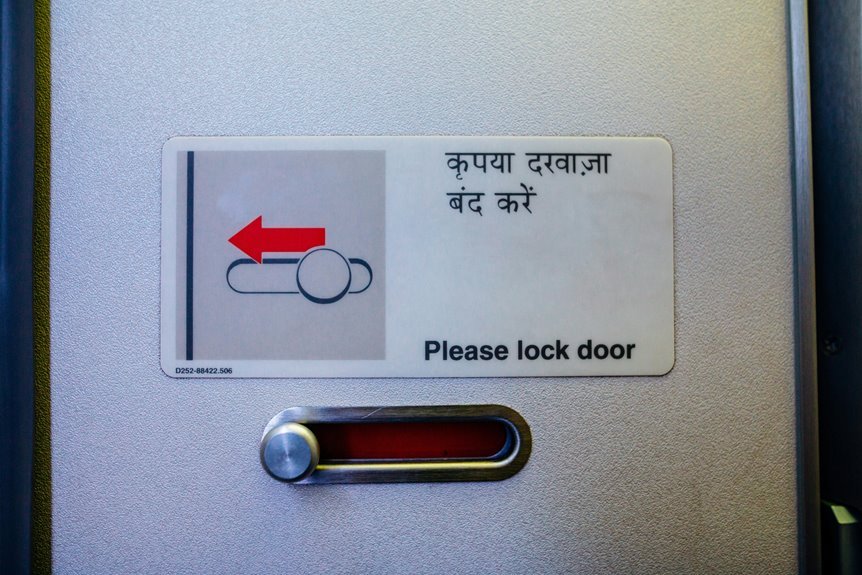Telecom Privacy and Compliance India: 8588126564, 8778887409, 8884988131, 18559694636, 8644509066, 6152586766

In a world where personal information can be as vulnerable as an open book, telecom privacy and compliance in India demand your attention. With phone numbers like 8588126564 and 8778887409 at risk, understanding the regulations that govern data protection is essential. Telecom providers face numerous compliance challenges, but how they address these issues can significantly impact your trust. What measures are in place to safeguard your data, and how can you ensure your privacy remains intact?
Understanding Telecom Privacy Regulations in India
As you navigate the complex landscape of telecom privacy regulations in India, it’s crucial to understand the key frameworks governing data protection.
Telecom regulations emphasize the importance of user consent, ensuring that individuals have control over their personal information.
Familiarizing yourself with these guidelines not only protects your rights but also empowers you to make informed choices in an increasingly digital world.
The Importance of Data Protection for Telecom Users
Data protection is essential for telecom users because it safeguards personal information from unauthorized access and misuse.
With increasing data breaches, you must ensure your user consent is obtained before sharing sensitive information.
Protecting your data not only enhances your privacy but also empowers you to control how your information is used.
Prioritizing data protection fosters trust in the telecom industry.
Compliance Challenges Faced by Telecom Providers
Telecom providers face significant compliance challenges in navigating the complex landscape of data protection regulations.
You encounter regulatory hurdles that complicate customer consent processes and increase the risk of data breaches.
Compliance audits demand rigorous policy enforcement, while effective risk management strategies are essential to maintain compliance.
Balancing these requirements with operational efficiency often proves challenging, highlighting the need for robust frameworks and continuous improvement.
Best Practices for Ensuring Telecom Privacy and Security
While navigating the intricate landscape of telecom privacy and security, providers must adopt best practices that reinforce compliance and protect customer data.
Implement robust telecom encryption strategies to safeguard sensitive information and ensure data integrity.
Additionally, establish clear user consent policies that empower customers to control their information.
Conclusion
In navigating telecom privacy and compliance in India, it’s vital for you to recognize the significance of safeguarding personal data. Just as a locked vault protects valuables, robust regulations ensure your information remains secure from unauthorized access. By understanding these regulations and advocating for your rights, you empower yourself and contribute to a more trustworthy telecom environment. Embracing best practices not only enhances your security but also reinforces the industry’s commitment to protecting user privacy.





